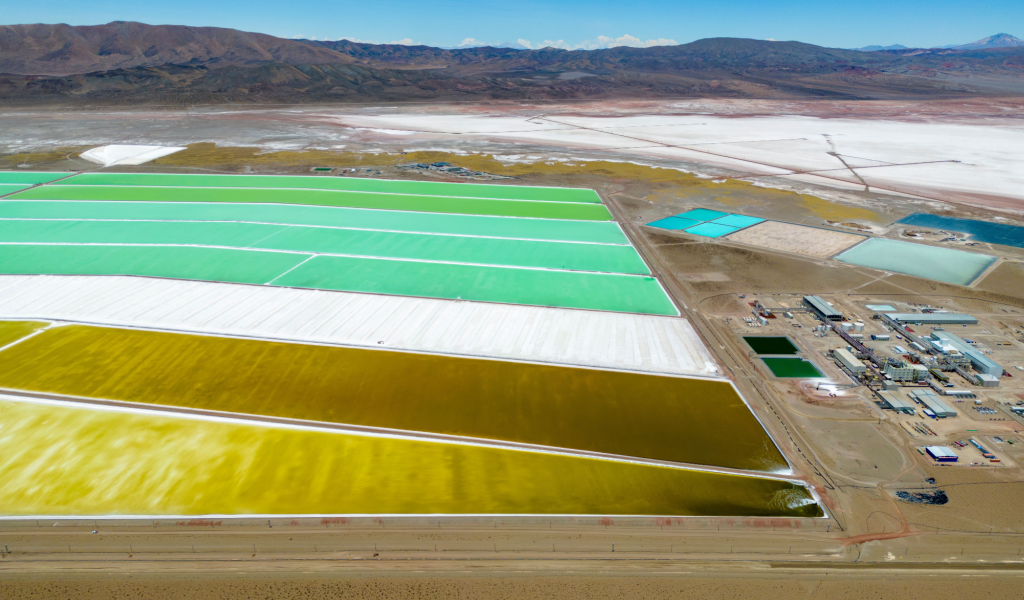Our blog series on ‘Democratising the economy for justice and legitimacy’, launched last year, discussed how the processes of environmental decay, social deprivation and economic and political concentration were both generating discontent and creating growing interest for democratising the economy.
We now are convening a one-day workshop to explore the role of economic democratisation specifically in the context of just transitions. In this blog, we explore why economic democracy is so important, and why more research into this area is needed.

A primary reason why economic democratisation is usually advocated is to address issues of economic justice, since it can help prevent the monopolisation of economic benefits by influential economic groups and to incorporate the perspectives of marginalised social actors who lack representation in markets or traditional institutions. This is because it will lead to redistributing economic authority, both within and outside corporations and rebalancing economic resources and decision-making away from a privileged elite and towards the pursuit of the common good.
But economic democratisation is also able to improve social justice by fulfilling the citizens´ rights to decide. In particular, it can contribute to two types of justice which go beyond distributive justice: procedural and cognitive justices. Procedural justice emphasises the fairness and transparency of the decision-making process itself. It recognises the significance for justice of involving a diverse range of stakeholders, including local populations and indigenous communities, in shaping policies and decisions that affect them. Cognitive justice encompasses the idea that all individuals should have an equal opportunity to contribute their knowledge, perspectives, and expertise to the decision-making process.
Read our series on economic democracy
Another argument for democratisation is that it can enhance efficiency by leveraging the knowledge and resources dispersed among diverse economic and social groups. Given that different stakeholders possess unique insights and experiences that are valuable for crafting contextually appropriate policies, broad civil society engagement allows for a more comprehensive understanding of complex issues and facilitates the integration of diverse perspectives into policy discussions.
Democratisation is efficient also because it will help to reduce the likelihood of opposition or resistance from civil society by transforming them into advocates and supporters of policies that they contributed to design. It facilitates awareness, legitimacy, and social cohesion around policies, which, in turn, enhances implementation and enforcement.
Social cohesion is particularly important for policies aimed at the environmental crisis, which require governments to enact bold and urgent policies, often fraught with uncertainty and tensions. Involving affected social groups for the design of these policies can help alleviate these tensions by fostering dialogue and consensus-building. Moreover, it can mobilise the commitment needed from various stakeholders, including scientists and consumers, to overcome uncertainties and implement ambitious policies.
Citizens often have green interests and expertise which can be very helpful for the development of environmental policies. Local communities, in particular, have inherent interests in promoting sustainable models of production and growth. As governments pivot towards greener development, tapping into the first-hand experience and knowledge of these communities can inform the design of effective policies that prioritise sustainability. In addition, civil society can be an important partner for governments facing powerful economic interests which might be resisting the growth of more sustainable activities.
Green policies related to the energy transition, for instance, would benefit enormously by incorporating the voices of local populations that are demanding improvements in the management of common resources, like water; and in the environmental impacts of large energy and mineral projects and offering their local knowledge to monitor and improve processes. Despites claims about the importance of justice in the energy transition, however, there have been very limited advances in this direction, and socio environmental conflicts continue growing (see the Global Atlas of Environmental Justice).
Literature on transformative innovation policies underscores the significance of deliberative processes in seeking just and efficient transformations. There is a long-standing debate regarding the degree to which deliberation effectively surfaces conflicting viewpoints or depoliticises and shuts them down. We understand the importance of acknowledging the inherent politics of involving different type of stakeholders in policy making processes. However, we believe that resolving complex problems necessitates input from a wide array of actors and see deliberative processes as a necessary path to include and benefit from plurality, dissent, and conflicting worldviews.
We have seen a range of multi-stakeholder platforms that seek to address inter-related sustainability, nutrition and inclusion challenges in the food systems such as Bonsucro and the Scaling up Nutrition initiative. Many of these processes are inherently deliberative, with stakeholder dialogue, debate and collaboration at the heart of collective action, through building trust and a shared understanding of problems and potential solutions.
However, such processes risk sidelining relevant conflicts in the name of consensus, especially where power resources are unequally distributed. This means findings processes that harness and use tensions productively; as drivers of transformative change.
Further exploration and understanding of this promising area of work is therefore imperative. To this end, we are convening a one-day workshop on “Democratic economic governance for justice and transformation” on 13 September 2024. Information on submitting an abstract for discussion at the workshop is available here.
The workshop will facilitate the exchange and discussion of ideas regarding the democratisation of economic decision-making towards more sustainable trajectories, incorporating insights and experiences from diverse disciplines, countries, and sectors. Insights from the workshop will be shared more widely, ideally through a proposed special issue on this theme.
